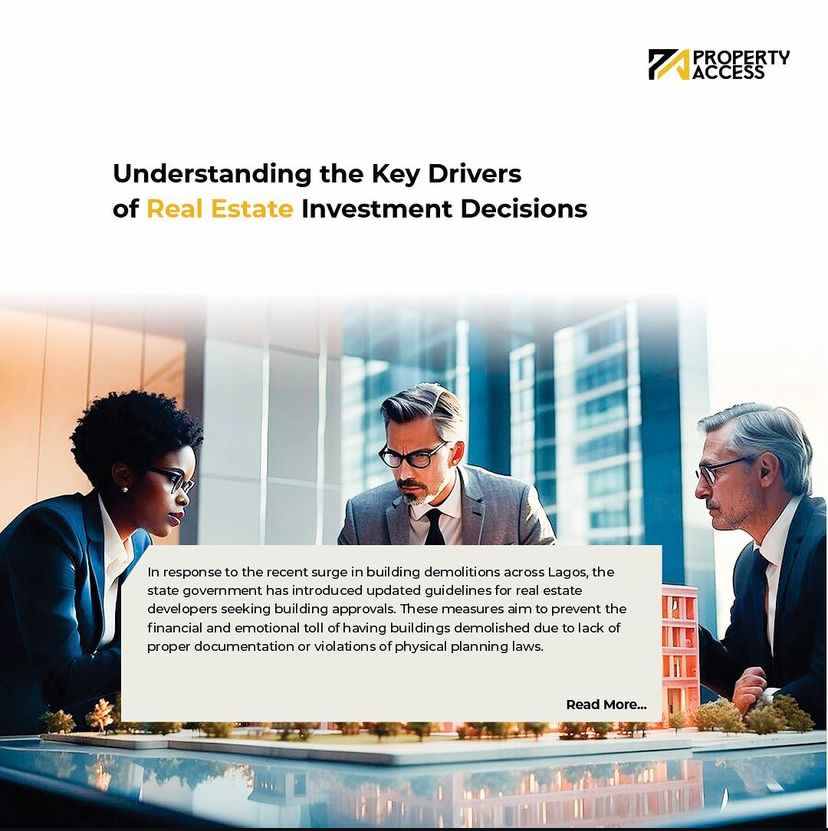Real estate investment decisions are significantly influenced by various factors, including inflation rates, transaction costs, the quality of available information, prior knowledge of securities, capital intensity, ownership issues, costs of building materials, interest rates, political instability, liquidity, and management challenges. The evolving landscape of real estate investment necessitates a thorough understanding of these factors, as they are crucial for stakeholders navigating the complexities of the market.
Economic Factors:
Interest Rates
Interest rates are a fundamental element in shaping the dynamics of real estate investments. Lower interest rates decrease mortgage costs, making property acquisitions more accessible and boosting demand. In contrast, higher interest rates can raise borrowing costs, potentially suppressing demand and reducing property values. For real estate investment trusts (REITs), interest rate fluctuations resemble the impacts seen in bonds: declining rates enhance REIT values due to their appealing yields, while rising rates can make them less attractive. Therefore, variations in interest rates can greatly influence both residential and commercial real estate markets.
Inflation Rate
Inflation affects real estate investment by influencing purchasing power and interest rates. During inflationary periods, tangible assets like real estate become more appealing as they often hold value better than cash. Rising inflation typically results in increased interest rates, as lenders adjust for the diminished value of currency. This relationship means that while inflation may drive up real estate prices, it can also lead to elevated borrowing costs, affecting investment choices.
Gross Domestic Product (GDP)
Real Gross Domestic Product (GDP) serves as a vital indicator of economic health and influences real estate markets. A growing GDP usually signals a robust economy, leading to increased demand for both residential and commercial properties. Strong GDP growth can attract investors looking to capitalize on an expanding market, while fluctuations in GDP growth can alter real estate values and investment strategies.
Unemployment
Unemployment rates have a direct impact on the real estate market, affecting both supply and demand. High unemployment can lead to reduced disposable income, resulting in lower demand for rental properties and decreased real estate investment. Additionally, financially strained companies may downsize their office spaces, raising vacancy rates. Conversely, lower unemployment fosters consumer confidence and purchasing power, stimulating demand for real estate and encouraging investment.
Non-Economic Factors:
Age and Retirement
Investment strategies often reflect individuals’ life stages and financial aspirations. For many, real estate serves as a vehicle for wealth accumulation and retirement planning. The desire to secure a stable financial future and generate rental income during retirement motivates many investors to purchase property, aligning with the life cycle model of consumption and saving.
Unexpected Windfalls and Personal Circumstances
Unexpected financial gains, such as inheritances or significant bonuses, can lead to substantial real estate investments. Likewise, major life events, including divorce or changes in family dynamics, can prompt individuals to adjust their real estate portfolios. These personal circumstances influence both investment and disinvestment decisions, impacting wealth distribution and real estate market trends.
Attitude Toward Risk and Saving
Investors’ perceptions of risk and their saving habits play a crucial role in real estate decisions. Real estate is often perceived as a lower-risk investment compared to more volatile assets, attracting those who prefer tangible assets with intrinsic value. Furthermore, individuals with disciplined saving habits and a preference for long-term investment stability are more likely to engage in real estate investments.
In summary, real estate investment is influenced by various economic factors, including interest rates, inflation, GDP growth, and unemployment rates. Additionally, non-economic factors such as personal circumstances, life stages, and risk attitudes play a significant role in shaping investment choices. A thorough understanding of these diverse influences is essential for investors aiming to navigate the complexities of the real estate market effectively. As the market continues to evolve, staying informed about these factors will be crucial for capitalizing on real estate opportunities.




